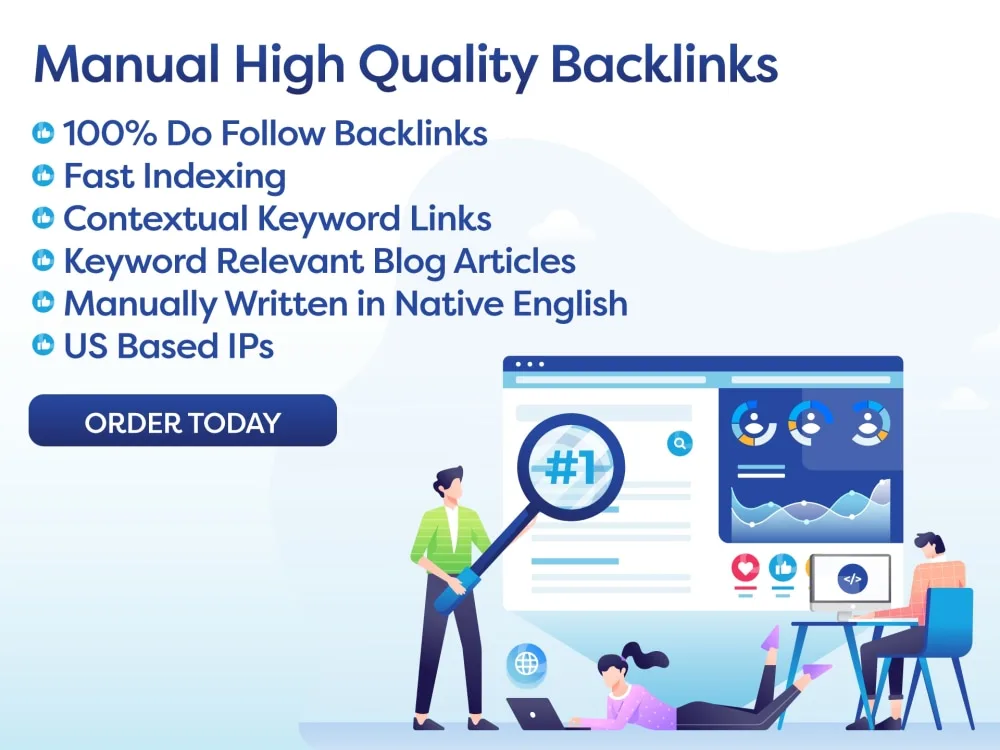To boost website visibility and drive traffic, mastering SEO blogging techniques is essential. Key strategies include creating quality content that provides value to the audience, conducting thorough keyword research, optimizing on-page elements like meta tags, and implementing effective link-building techniques such as guest blogging. By focusing on these tactics, websites can climb search engine rankings and attract more organic traffic. It is crucial to diversify keyword strategies to avoid appearing spammy to search engines. Overall, mastering these techniques can significantly improve a website’s online presence and help it succeed in the competitive digital landscape.
Excerpt: Discover the top SEO blogging techniques to boost your website’s visibility and drive traffic.
Introduction:
As an SEO beginner, the world of search engine optimization can be overwhelming. However, mastering SEO blogging techniques can be a game-changer for your website’s online presence. In this article, we will explore the top SEO blogging techniques that will help you climb to the top of search engine rankings and drive organic traffic to your site.
Key Takeaways:
1. Importance of Quality Content
2. Keyword Research and Optimization
3. On-page SEO Strategies
4. Link Building Techniques
Importance of Quality Content:
One of the fundamental aspects of SEO blogging is creating high-quality, engaging content that provides value to your audience. Subheadings:
1.1 Creating Comprehensive and Shareable Content
1.2 Incorporating Relevant Keywords
Quality content is key to capturing the attention of both search engines and readers. When creating content, focus on topics that are relevant to your target audience and provide solutions to their problems. In addition, incorporating relevant keywords throughout your content helps search engines understand the purpose of your page and improves your chances of ranking higher in search results.
Keyword Research and Optimization:
Keyword research is a crucial component of SEO blogging, as it helps you identify the terms and phrases that your target audience is searching for. Subheadings:
2.1 Conducting Keyword Research
2.2 Optimizing Content with Keywords
Before creating any content, conduct thorough keyword research to discover the most relevant and high-volume keywords in your niche. Once you have identified your target keywords, optimize your content by strategically placing them in your headings, meta descriptions, and throughout your blog posts.
On-page SEO Strategies:
Optimizing your website’s on-page elements is essential for improving your search engine rankings. Subheadings:
3.1 Optimizing Meta Tags
3.2 Improving Page Load Speed
Optimizing meta tags, such as titles and descriptions, helps search engines understand the content of your page and display relevant information in search results. Additionally, improving your website’s page load speed not only enhances user experience but also plays a vital role in SEO rankings.
Link Building Techniques:
Building high-quality backlinks is a crucial aspect of SEO blogging, as it helps boost your website’s authority and credibility. Subheadings:
4.1 Guest Blogging
4.2 Creating Shareable Content
Guest blogging on reputable websites in your industry is an effective way to earn valuable backlinks and drive traffic to your site. Additionally, creating shareable content that resonates with your audience encourages other websites to link back to your site, further enhancing your SEO efforts.
Action Plan:
1. Conduct thorough keyword research to identify relevant keywords in your niche.
2. Create high-quality, engaging content that provides value to your audience.
3. Optimize your website’s on-page elements, such as meta tags and page load speed.
4. Implement link building techniques, such as guest blogging and creating shareable content.
Conclusion:
Mastering SEO blogging techniques is essential for improving your website’s visibility and driving organic traffic. By focusing on quality content, keyword optimization, on-page SEO strategies, and link building techniques, you can climb the search engine rankings and attract more visitors to your site.
FAQ:
Q: Can I use the same keywords for every blog post?
A: While it’s essential to target relevant keywords in your content, using the same keywords for every blog post can appear spammy to search engines. Instead, aim to diversify your keyword strategy and target a mix of long-tail, short-tail, and semantic keywords.

